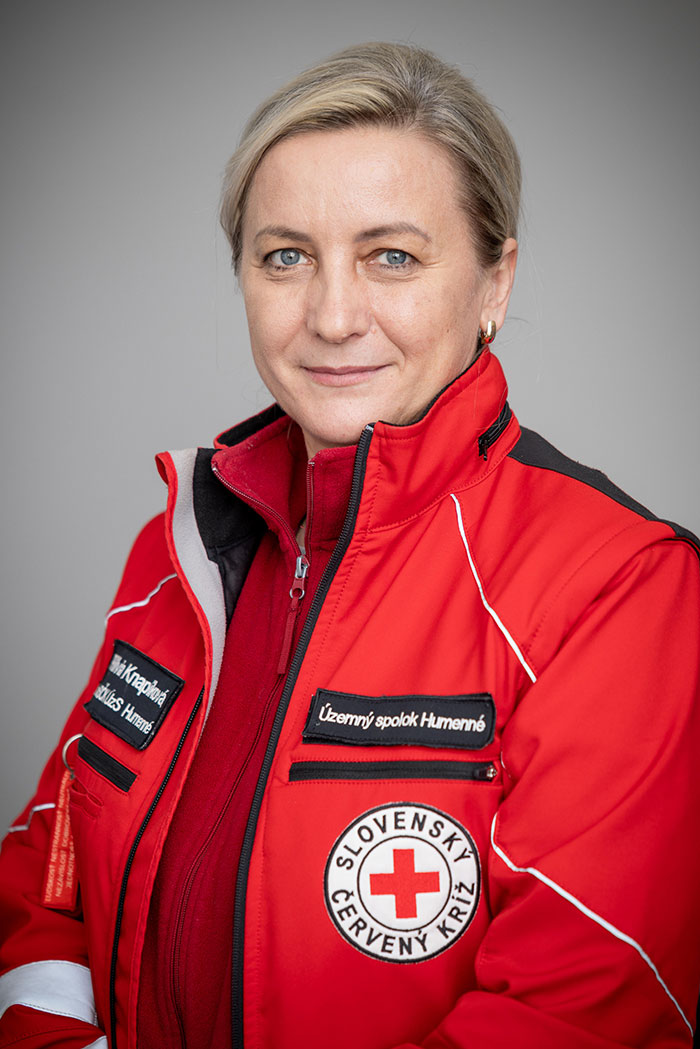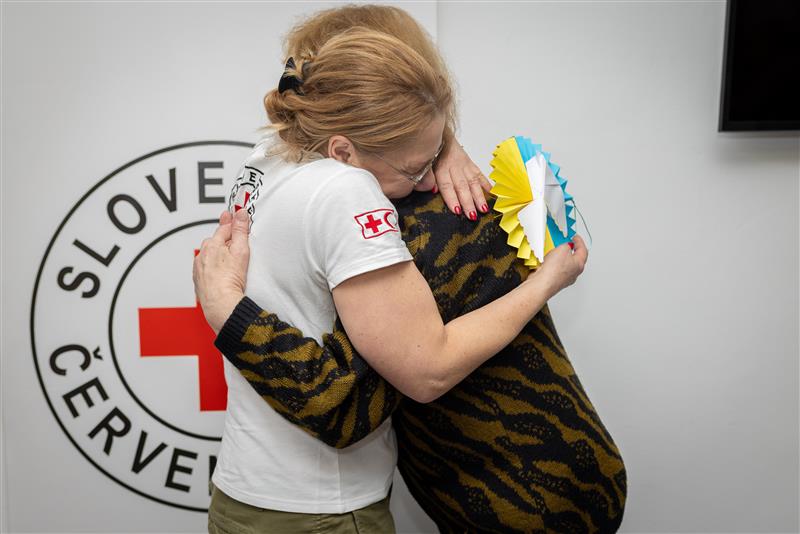24 February 2025 marks the third year since the acceleration of the international armed conflict in Ukraine with the full-scale invasion. Today, three years into the armed conflict the situation is more unpredictable than ever before and the mental health implications for the general population, internally displaced (IDPs) and people forced to seek refuge and safety outside Ukraine are severe.
The armed conflict is having huge impact on civilian populations – 3,5 million people have been internally displaced and more than six million refugees from Ukraine have sought protection in Europe.
“As staggering as the numbers are they do not fully account for the accumulation over the three-year period of all the multiple factors affecting the lives of the people they represent – the needs are increasing, resources exhausted and every single of the 1095 days that have passed was a challenge,” says MHPSS Specialist, Ganna Goloktionova continuing: “when we add all the stressors – the loss of communities, homes and future perspectives, the separation of families and the unpredictable and volatile situation in Ukraine, then it will take support to find the mental balance to cope and strive in a new reality”.
Community and human to human support are vital components of Mental health and psychosocial support (MHPSS). Under the EU4Health project funded by European Commission’s Directorate-General for Health and Food Safety (DG SANTE), the IFRC, the MHPSS Hub and 28 European Red Cross National Societies have implemented one of the largest mental health initiatives ever undertaken on the continent. The aim of the project was addressing the mental health needs of people impacted by the Ukraine conflict. Over the last three years, almost 30,000 health professionals and volunteers have been trained in MHPSS including 2000 Ukrainian/Russian speakers. 85 helplines and support services were expanded with MHPSS and almost half a million people including many Ukrainians were reached.
The Slovenský Červený kríž (Slovak Red Cross) is one of the project partners and a team from the MHPSS Hub recently visited their community Centre in Humenne. The Centre has undergone significant changes since its inception in 2022. In the initial stages, it primarily focused on acute responses to the armed conflict in Ukraine, providing mainly psychosocial support, psychological first aid (PFA), medical first aid, food and clothing. Gradually, however, the focus shifted to solving everyday life situations such as support with translations, interpreting at public offices and for doctor’s appointments. Currently, the centre is mostly visited by mature adults who live in private accommodation or Immigration Reception facilities and use a wide range of support activities. The centre hosts a community garden, where people can find peace, as well as the opportunity to actively participate in joint activities. Another great asset is the kitchen, where they have the opportunity to prepare traditional dishes of their homeland, thus preserving their cultural identity and strengthening community ties. Since its inception, the attendance in the Centre’s 800+ activities exceeded 6,000 people.
“It was a major shock for us, when the armed conflict broke out in Ukraine. It was completely unexpected. Instantly people started contacting us, offering medication, clothing offering their homes to people crossing the border, offering to become volunteers. We, the Slovak Red Cross in Humenne, immediately turned our office into a humanitarian warehouse. And within days the response had turned into a large-scale operation. Shortly after, the city organized a crisis management team, and organizations were assigned different responsibilities. An official large-capacity reception centre opened here in Humenne, where we provided first aid and psychological first aid to people arriving from Ukraine. At this time, we also met our colleagues from the IFRC and ICRC. They had more experience with large scale operations in the context of armed conflict, and they provided invaluable support,” says Silvia Knapikova, Humenne Branch Director for the Slovak Red Cross.

For more information



